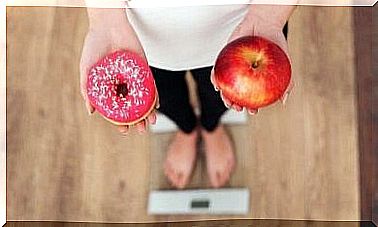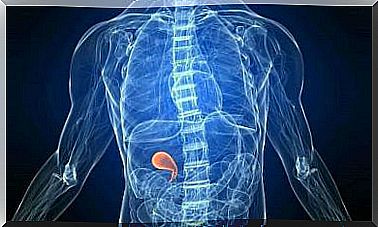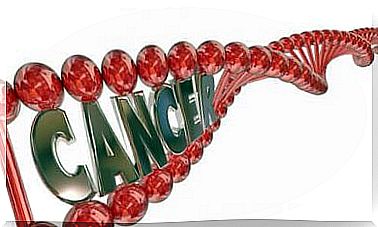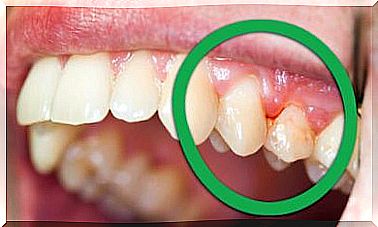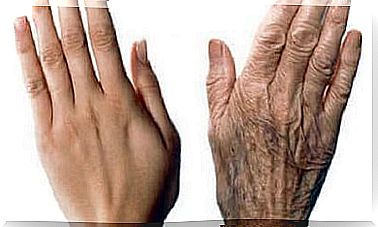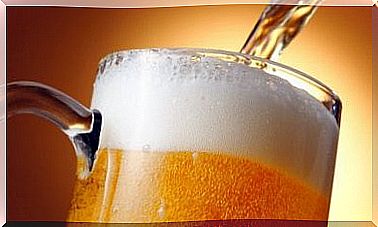Insufficient Water Consumption – 8 Alarm Signals
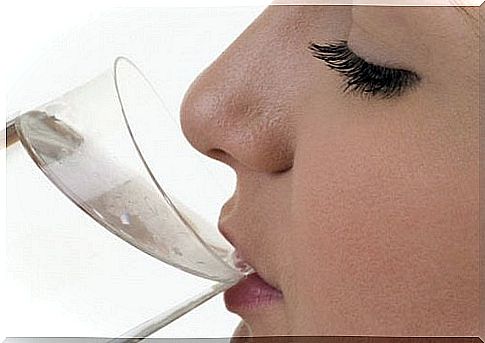
It is estimated that about 70% of the human body is made up of water. For this reason, if we refrain from consuming this liquid for more than a week, we may die. Find out what are the symptoms that indicate insufficient water consumption!
Water is essential for the body’s metabolic and catabolic reactions. In addition, this liquid maintains the health of the skin, hair and nails. Unfortunately, sometimes we have insufficient water consumption . As a result, we may experience physical or even mental disorders.
Although thirst is the most obvious symptom of dehydration, there are many other important warning signs that warn us that we need to drink more water. In today’s article we invite you to discover the main signs of insufficient water consumption.
8 alarm signals indicating insufficient water consumption
1. Decreased frequency of urination
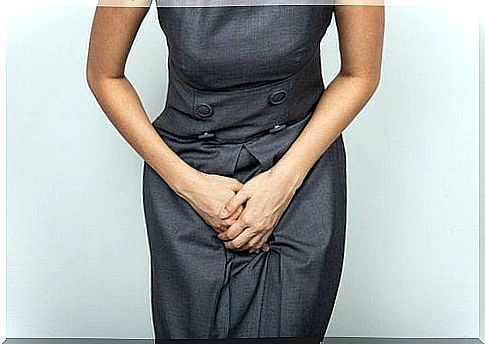
A healthy person urinates an average of six or seven times each day. However, the frequency of urination varies from person to person and depends on the volume of fluid we consume throughout the day.
If you feel the need to urinate only two or three times a day, it is essential to increase your water intake and, as much as possible, consult a doctor. Insufficient water consumption directly affects your kidney health and can cause serious complications.
2. Regular headaches
Regular headaches can be the result of an imbalance of fluid in the body. Water is essential to maintain adequate blood flow and balance the body’s inflammatory response. If the reason for your headache is dehydration, the pain will increase in intensity as you move.
A person who does not drink enough water may feel tension every time he tries to move quickly or exercise. It can also include simple activities, such as descending stairs.
If you suspect that the headaches you are experiencing are caused by insufficient water intake, we advise you to drink this liquid combined with mineral salts.
3. Dry mouth
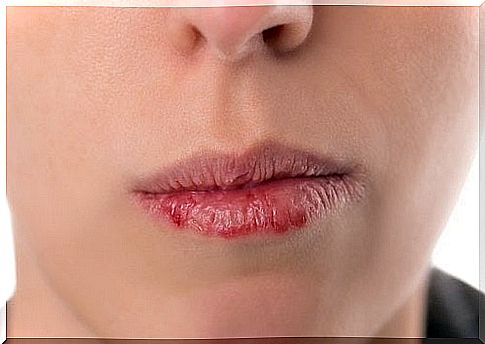
Dry mouth is one of the most common symptoms of dehydration. This problem occurs because the body does not have the volume of fluids needed to produce saliva.
The main risk associated with this symptom is the imbalance of the pH of the oral cavity, which can cause infections in the mouth and throat. If you experience this symptom, we advise you to always have a bottle of water on hand and to use a lip balm.
4. Changes in urine color
Changes in urine color are always an alarm signal, especially if you notice an unpleasant odor. If you do not drink enough water, the kidneys have difficulty eliminating toxins accumulated in the body. Among other things, this problem can cause a change in the color of the urine.
If your urine is dark or cloudy, consult a doctor immediately to make sure you do not suffer from chronic dehydration or kidney problems. To fix the problem, gradually increase the water intake. Do not drink several glasses in a row because you risk experiencing side effects.
5. Fatigue

Lack of water prevents oxygen from reaching the body’s cells, which can cause severe episodes of chronic fatigue. Some people feel that they can cure this symptom with a little coffee or an energy drink, but these drinks will overload the liver and, in the long run, can aggravate the problem.
To protect your health, keep your body well hydrated by consuming a glass of warm water every morning.
6. Muscle cramps
In addition to dehydration, insufficient water consumption can alter the level of electrolytes. Specifically, the level of potassium, calcium and magnesium in the body will decrease, and you will experience muscle cramps.
7. Constipation
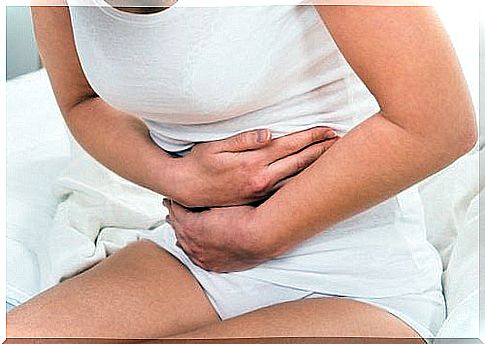
Sufficient water intake is essential to keep the intestines hydrated and prevent constipation. If your fluid intake is low, your digestive system will have difficulty eliminating waste, and these toxic substances will remain in the colon.
To avoid overloading the colon with waste, we advise you to drink between six and eight glasses of water every day. Also, don’t forget to increase your intake of high-fiber fruits and vegetables.
8. Dry skin
To keep your skin hydrated and smooth, it is not enough to apply creams and other similar products. A sufficient supply of water maintains the normal production of oils on the skin, preventing the drying of this organ and facilitating the elimination of toxins that accelerate the aging process.
If you notice that your skin does not produce enough oils, it means that you are dehydrated and that you need to drink more fluids.
Many functions of the body cannot be achieved without drinking enough water. In the absence of this vital fluid, we are exposed to diseases and unpleasant reactions. For this reason, it is essential to treat the symptoms of dehydration immediately, so as to avoid any complications.
